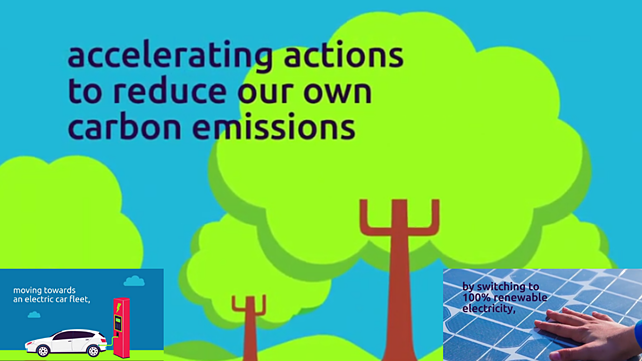
Capgemini has announced that it will stop with immediate effect ordering new pure diesel or petrol vehicles and instead only purchase hybrid and electric cars and vans for its 12,000-vehicle company fleet.
Around 13% of the most polluting cars in the company’s fleet will disappear this year and a further 24% in 2022. By the end of 2022, over 50% of the group’s fleet will be hybrid or electric, and 100% by the of end 2025.
According to the company, this initiative is part of its transition to go for a fully electric fleet by 2030. In addition, the initiative supports its ambition to achieve carbon neutrality for its operations no later than 2025 and to be net-zero by 2030.
Alongside the fleet transition, Capgemini is also significantly increasing its investment in electric charging points and is committed to switching to 100% renewable electricity for its operations by 2025 as part of its RE100 commitment.
Capgemini said it has also joined the EV100 global initiative, which brings together companies making the switch to electric vehicles (EVs), to reinforce its commitment to accelerating its global EV transition to a 100% electric fleet. With company car emissions making up 10% of Capgemini’s business travel emissions pre-COVID-19, this transition is expected to impact significantly. The commitment to EVs is part of a broader sustainable travel transformation that includes introducing a new travel policy to reduce business travel whenever possible, help employees make lower carbon choices, and focus on sustainable commuting.
The group has agreed to new contracts with selected leasing companies and car manufacturers that offer EVs and hybrid vehicles. This policy to stop all orders of pure diesel and petrol vehicles has already begun to yield sustainable outcomes.
Vincent Moreau, Global Head of Real Estate at Capgemini, said this initiative is a critical step on the company’s transition to an EV fleet. “We are looking forward to joining with other organisations through the EV100 to share best practices and achieve the scale and speed needed to realise our net-zero ambition by 2030,” he added.